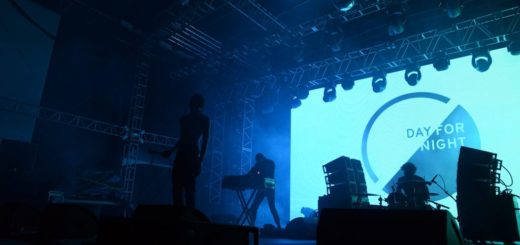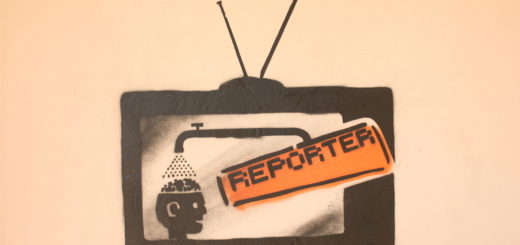Creativity: Not Just for “Artists.”
For a long time it made me really uncomfortable when people described me as “creative.” Raised in a small town outside of Houston by an engineer father who would have loved for me to grow up to be an engineer like him, I always felt that being called “creative” was like being called “flaky” “artistic” “a dreamer” or “unreliable.” None of these were good things.
For years I convinced myself that I wanted to go to law school, and happily told everyone about my plan to become a responsible grown-up.
Even though I spent years doing community theater, choreographing dances and painting super-cute flowerpots as housewarming gifts, I wasn’t planning on a life in the arts. (I’m still waiting for someone to describe me as “talented.”) I didn’t start identifying myself as a creative person until I’d already graduated from the University of Texas at Austin with a degree in Philosophy.
Shortly after graduation, I had a revelation and told my friends that I realized that I was, deep-down, a creative person. They all looked at me like I’d just discovered that the rules of gravity applied to me as well. Sometimes you are the last person to know your own heart.
My delayed embrace of my own creativity was why I was so very pleased to hear film director Kevin Smith (best known for his 90s film Clerks) talking about creativity in the chatty question-and-answer session following the screening of his Fantastic Fest opening night film Tusk. Smith emphasized how important it is for people to make the art that they want to see in the world.
It’s really too bad that there is no such thing as a time machine, because I wish that I could have heard something like what Smith said when I was growing up. I regret that I spent so much time trying to be someone else, instead of embracing my own creativity. Back then I thought being a “creative type” or “artistic” was a bad thing, but I’ve changed my mind.
When I was walking around the newly remodeled Alamo Drafthouse South Lamar during Fantastic Fest, I couldn’t help admiring all of the directors and writers who created something with next to nothing. These are the filmmakers whose budgets ran into the hundreds of dollars, working with crews composed of of both family members and friends. Despite a glaring lack of money, they put their creativity to good use in producing something that other people can enjoy.
While Smith wants us to make the art we want to see in the world, of course the real world can’t function if everyone is busy making movies to fulfill their artistic vision. Schools need to run, restaurants need to feed people and newspapers have to make their way to the people who ordered them. To make life better for people who feel a creative urge, but who maybe don’t have the talent to make a career in the arts, we have to find ways to embrace creativity in jobs that aren’t specifically making art.
Earlier this year I was talking with noted Austin musician Thor Harris, who plays with several local and touring bands including the Swans. Harris was talking about plumbing work he’d done in the past, and casually mentioned how he thought that plumbing can be creative as well. The conversation stuck with me, because very few people think of plumbing or other mechanical trades as “creative” work, when they really are exactly that.
We need to increase the creativity tolerated and expected in professions that aren’t life and death. Why can’t we have colorful walls inside every public building? Why must all parking space markers be a boring white or yellow, without a single polka dot to call their own? Why do you only get a smiley face in ketchup on your food at certain restaurants in Japan, but almost never in America?
If we don’t find a way to increase creativity in jobs that aren’t specifically in the arts, we’ll forever be stuck in a world of beige boredom that is going to stifle us all.
Smith wants us to make the art that we want to see in the world. Why should that be limited to the making of movies?






















